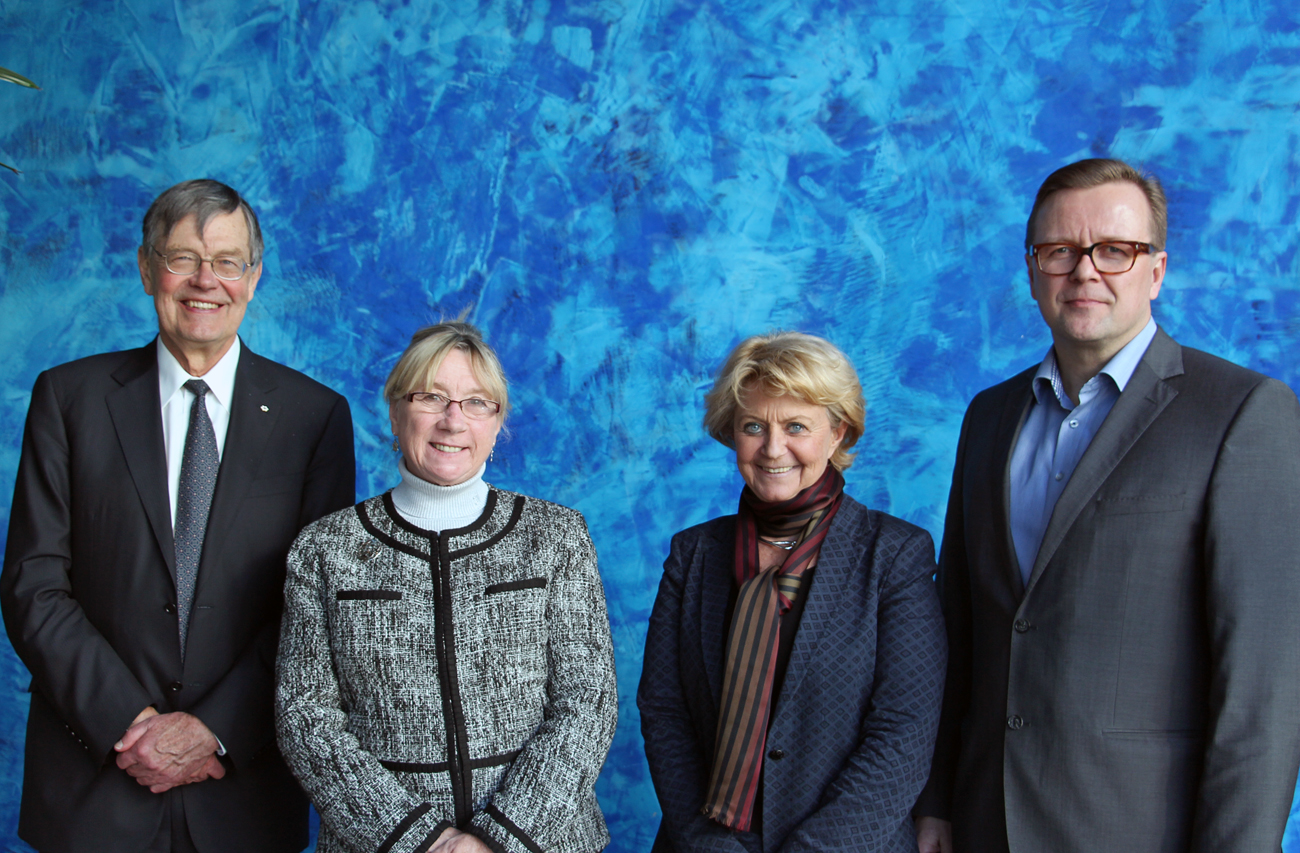Public welfare should be the key policy goal and governments around the world should apply broader-based welfare indicators than now. These were the two main conclusions of the second Sitra Debate, which brought together a number of top international researchers in a discussion on the sources of well-being in a world characterised by austerity.
The debate, led by Timo Hämäläinen, a Leading Specialist at Sitra, highlighted cross-disciplinary perspectives on welfare problems and opportunities. It also marked the publication of the recently completed Well-Being and Beyond, prepared by Sitra and the UK-based New Economics Foundation, and a Finnish summary of this work.
In highly developed societies, well-being is not an isolated objective but a factor fundamental to national competitiveness and the capacity for change. Well-being is changing and in an age of economic stagnation, it is critical that the notion of well-being is expanded beyond the realm of public services.
According to the economist John F. Helliwell, editor of the UN World Happiness Reports, “Quality of life should be a permanent feature in demographic research performed by governments and in the use of continuously improving research methods as tools for determining how best to organise public services.”
Our sense of the meaning of our lives and the depth and permanence of our social relationships have a fundamental effect on our well-being,” he says. “Governments should seek to organise public services in a way which strengthens the connections between individuals.”
Well-being is subject to new pressures which are giving rise to psychological problems and a greater incidence of lifestyle diseases. This viewpoint was introduced by Professor Maureen O’Hara who believes that issues such as fragmentation, complexity and rapid change are requiring greater psychological capacity of us than before.
“Decision-makers and the general public are trying to solve 21st-century problems with 20th-century ideas. Policies should not be defined purely on the basis of helping those who are down – the focus of social policy should be on expanding human capacity,” she says.
Hämäläinen, who edited the newly published Well-Being and Beyond and is leading Sitra’s research on sustainable well-being, believes that it is time to update the Finnish idea of well-being. In the age in which we are living, we need a wider understanding of the factors affecting it. It is precisely this need that the new publication, which draws on different disciplines to provide a holistic overall picture, aims to fulfil.
Combining well-being research from several disciplines not only brings new perspectives to the current public debate, but also provides decision-makers with practical suggestions. According to Hämäläinen, factors affecting well-being are often local rather than economic. For example, joint service production with citizen involvement has many benefits compared to traditional, hierarchical service production.
“Additionally, greater well-being expertise provides a range of benefits for the whole of society: it supports people in their everyday choices, while helping organisations to develop their working environments and political decision-makers to develop incentives and regulations,” Hämäläinen adds. “This is an area in which Finland should strive for international leadership.”
Further reading:
Onnellisuus rakentaa kestävää hyvinvointia (“Happiness builds sustainable well-being,” Editorial, Helsingin Sanomat, 11 April 2014, in Finnish only)






